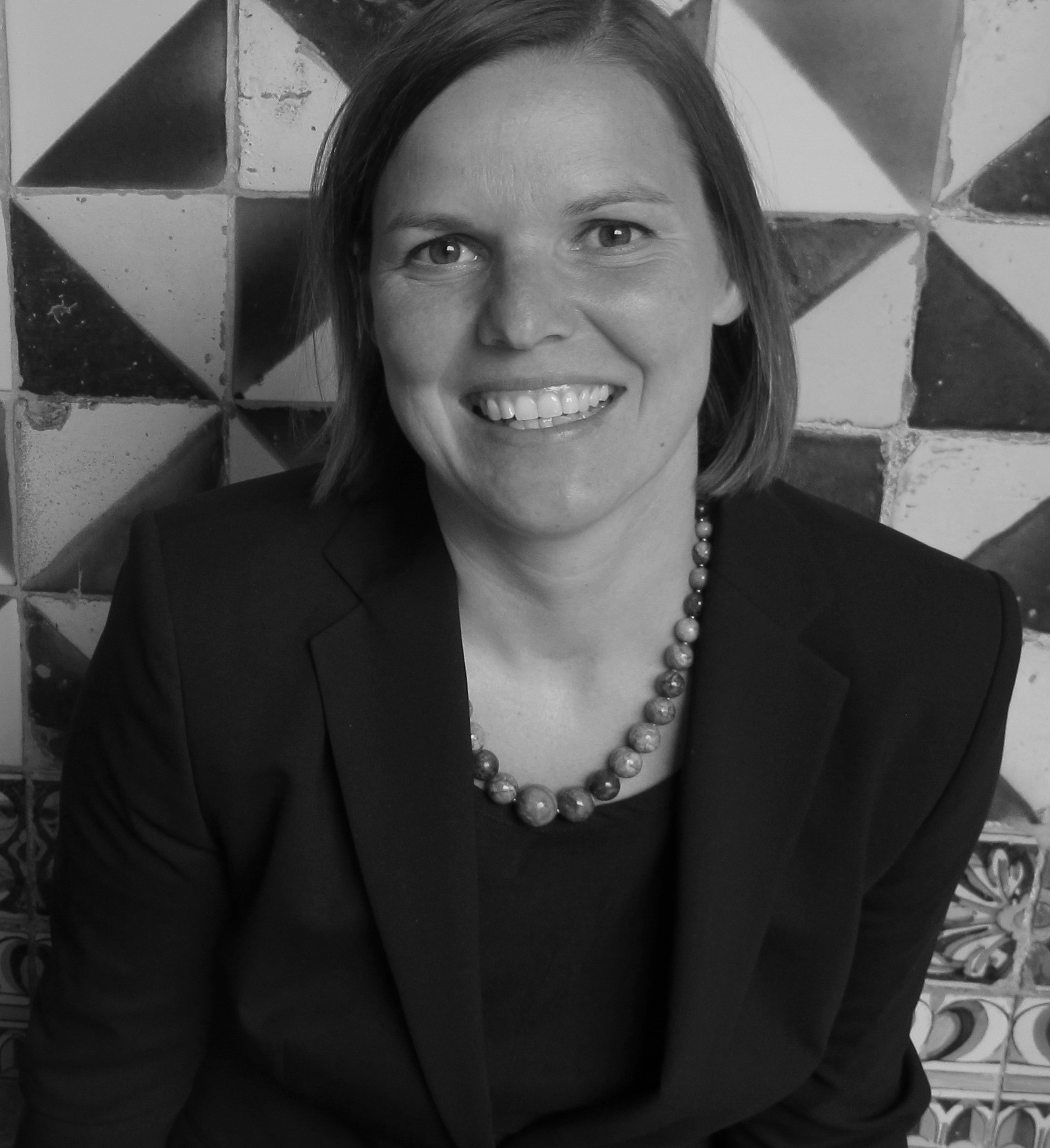




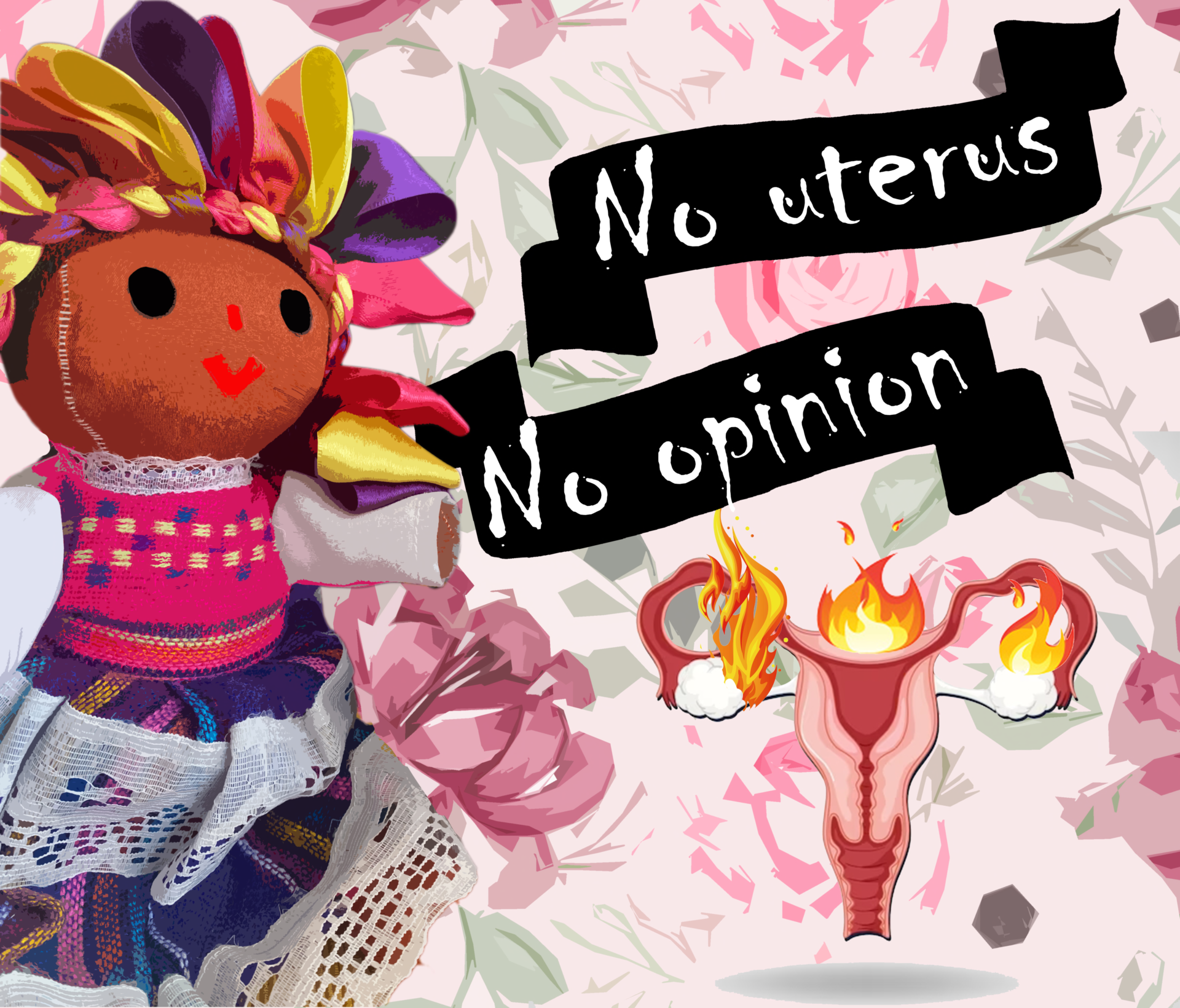
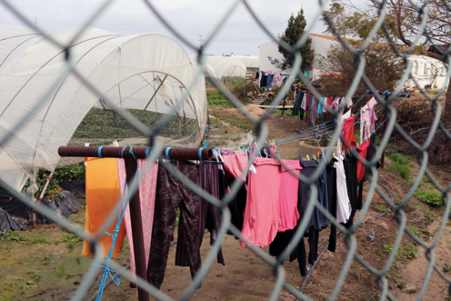
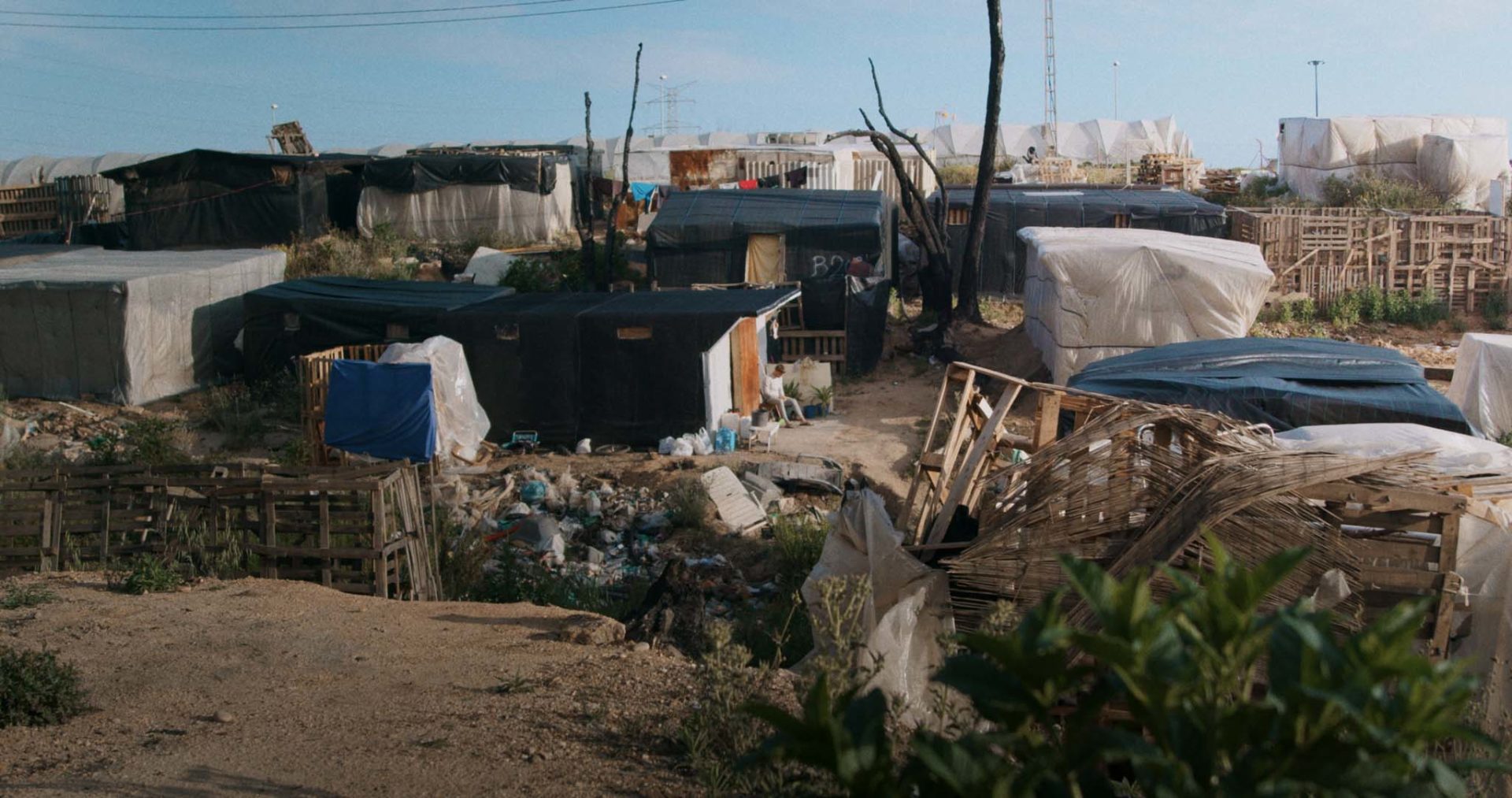
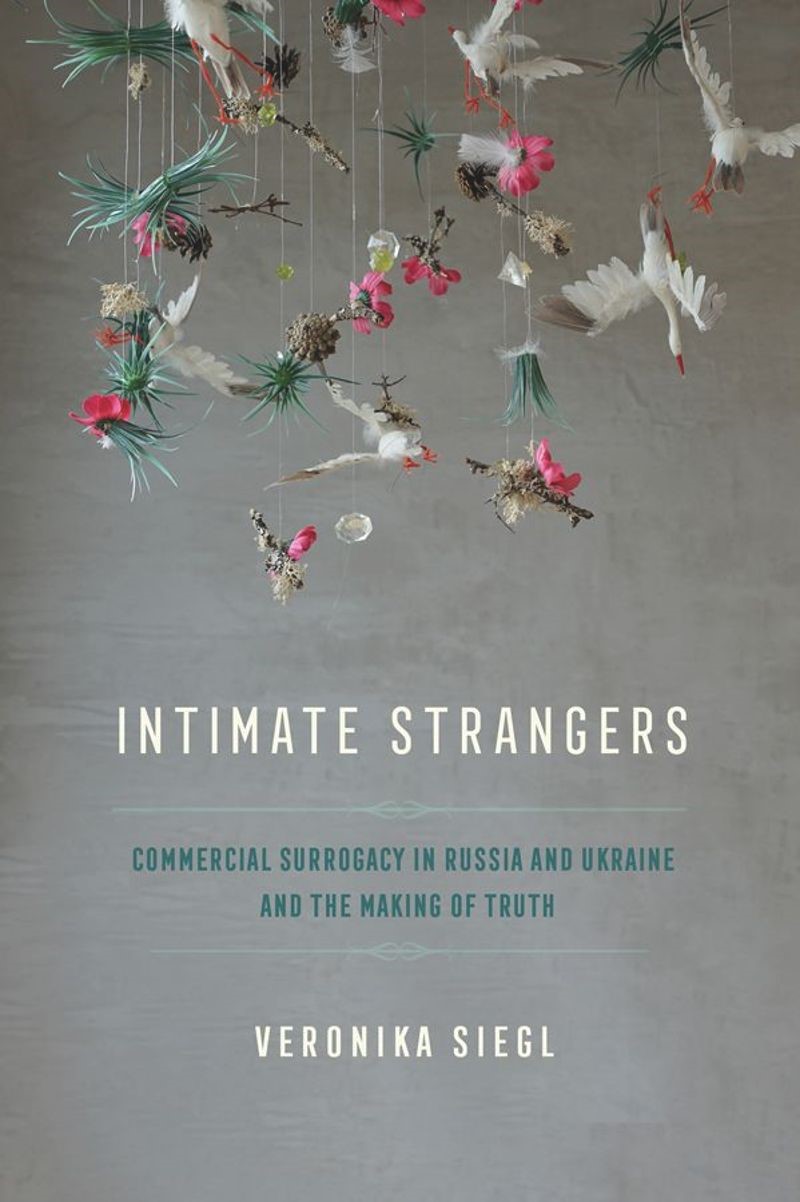





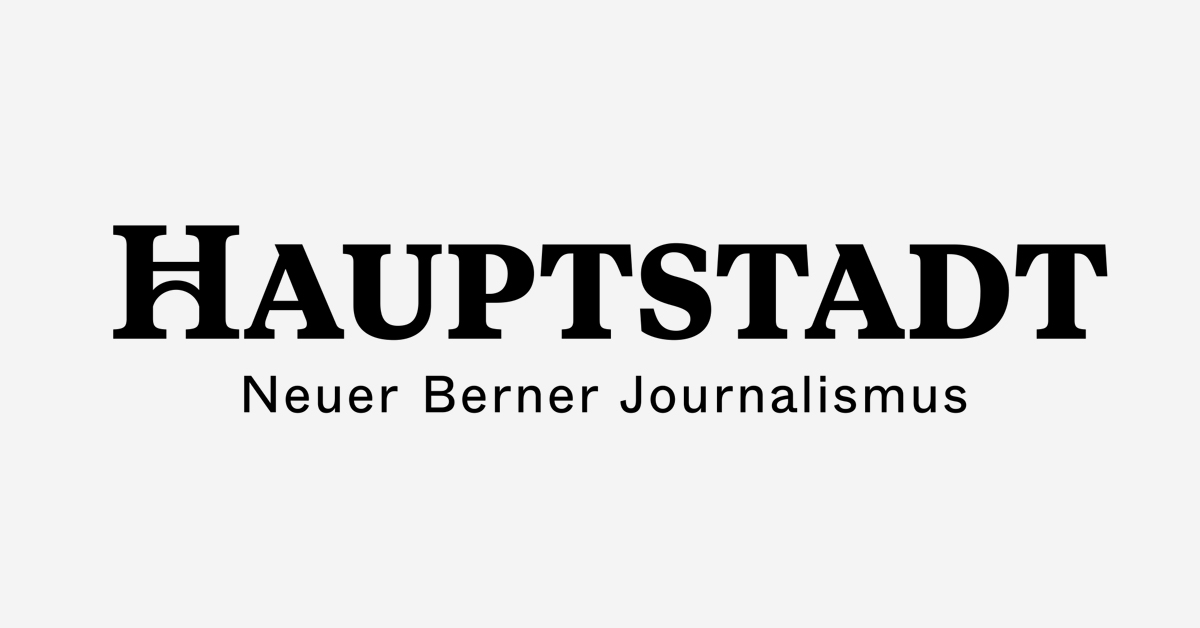




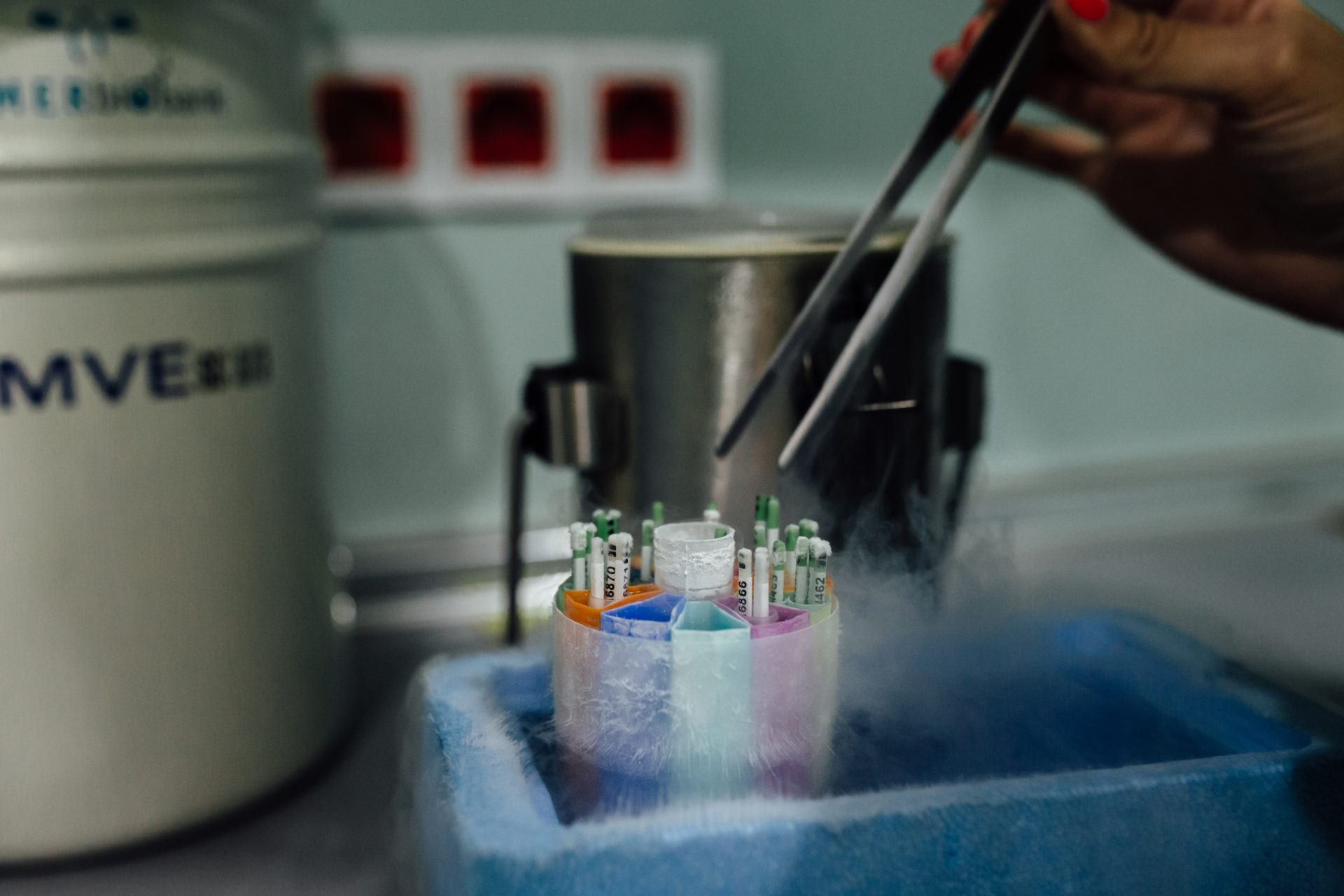







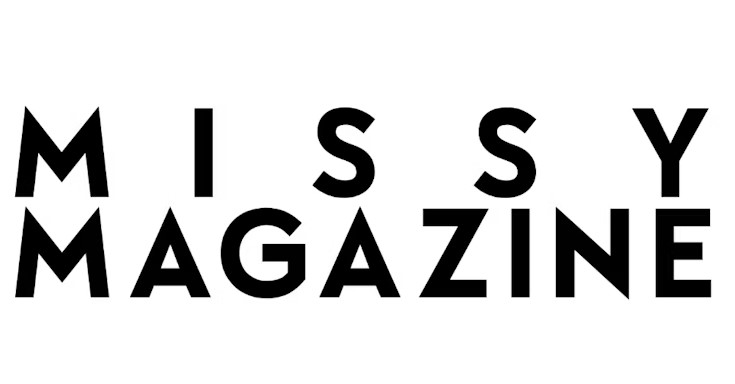



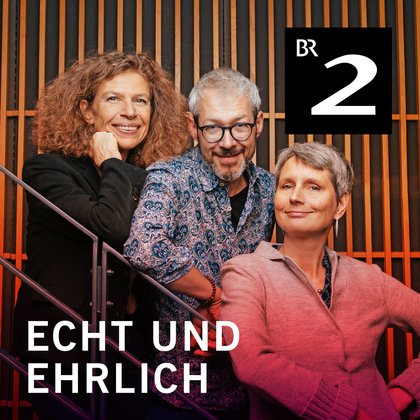

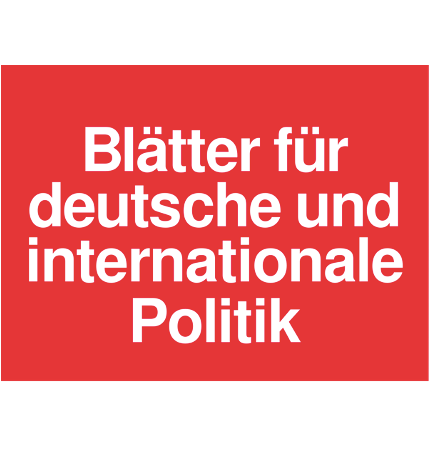





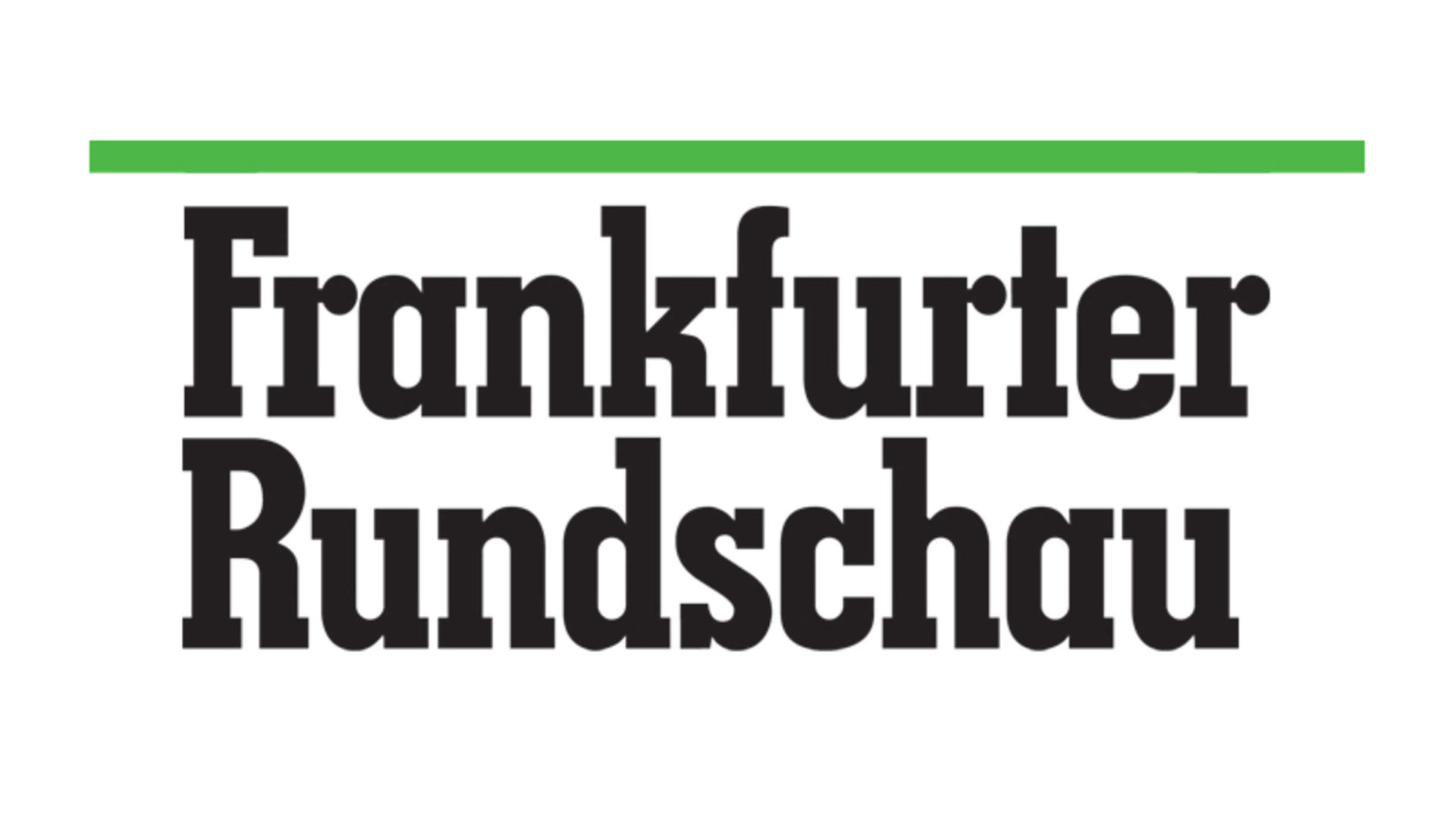
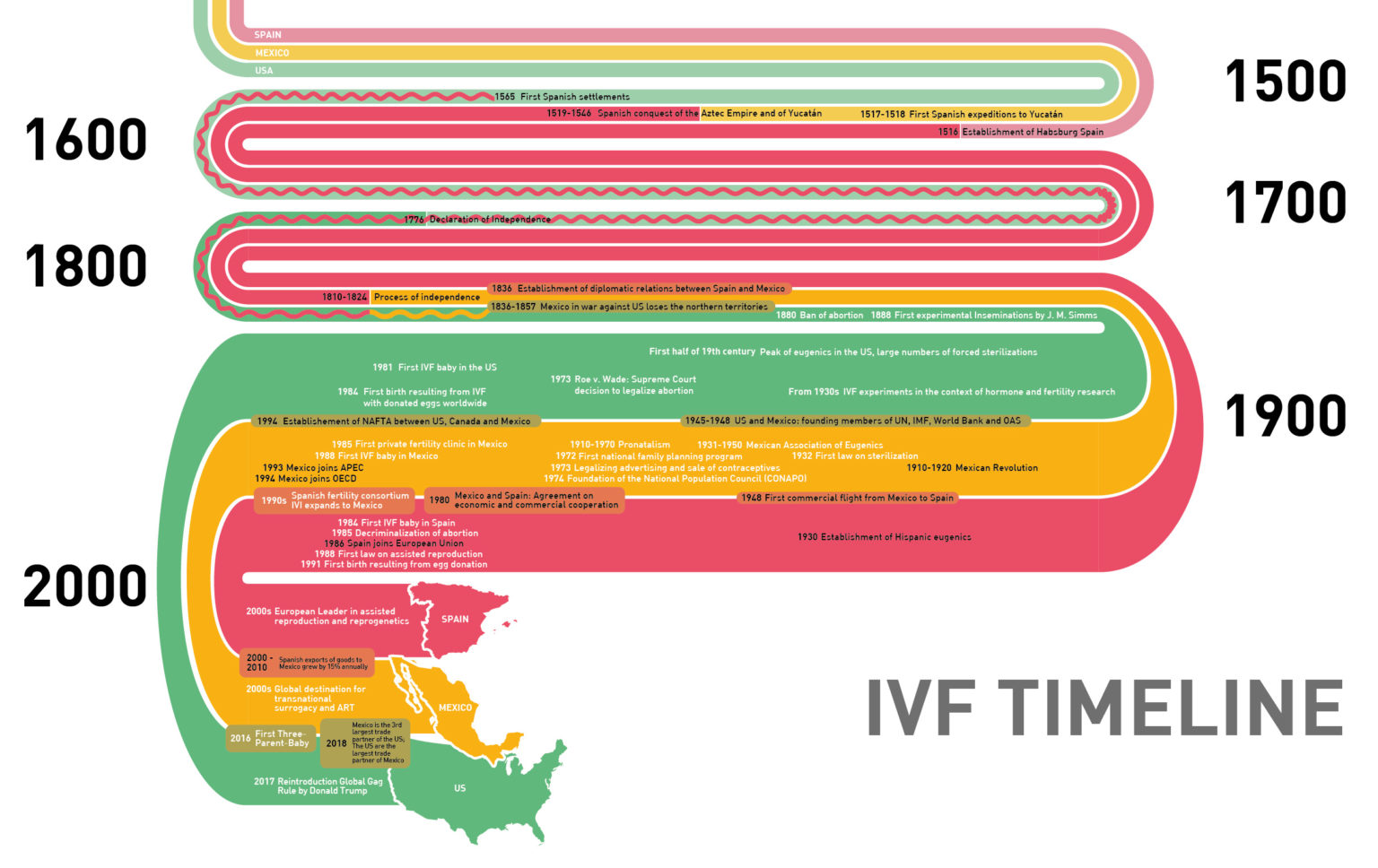












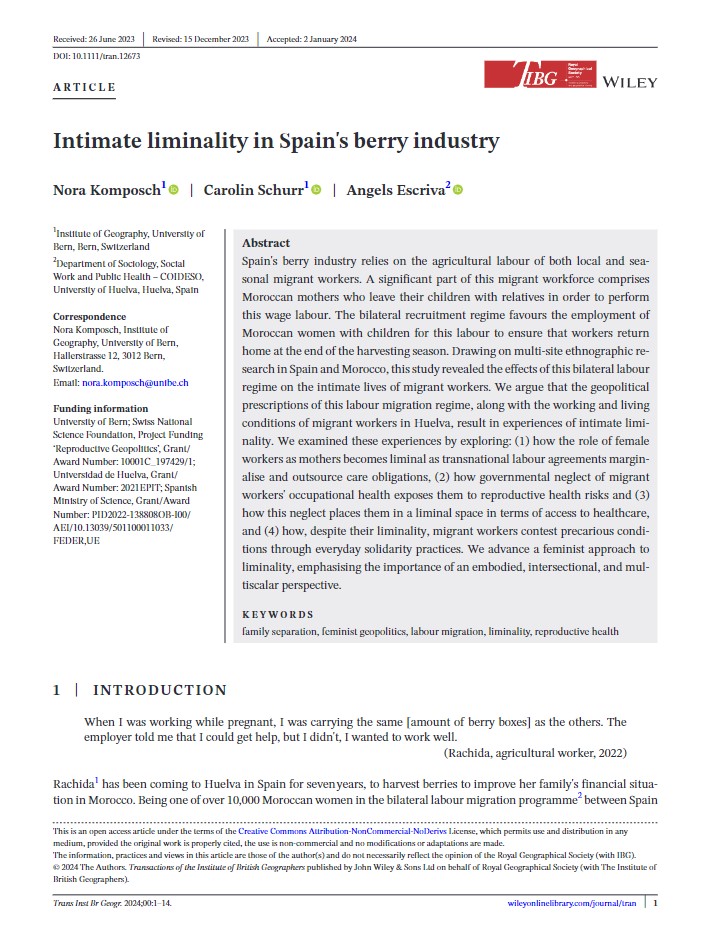


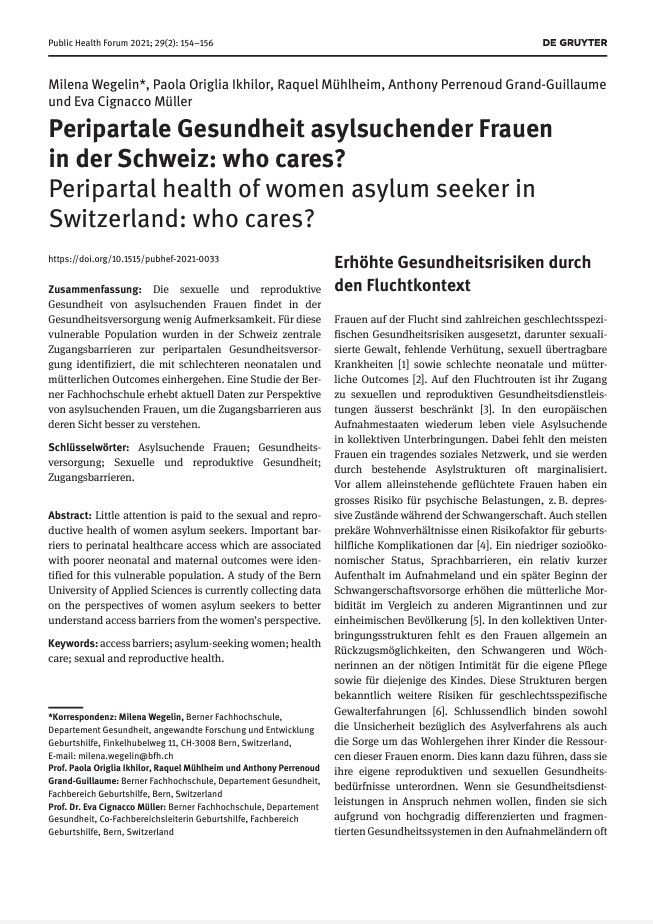
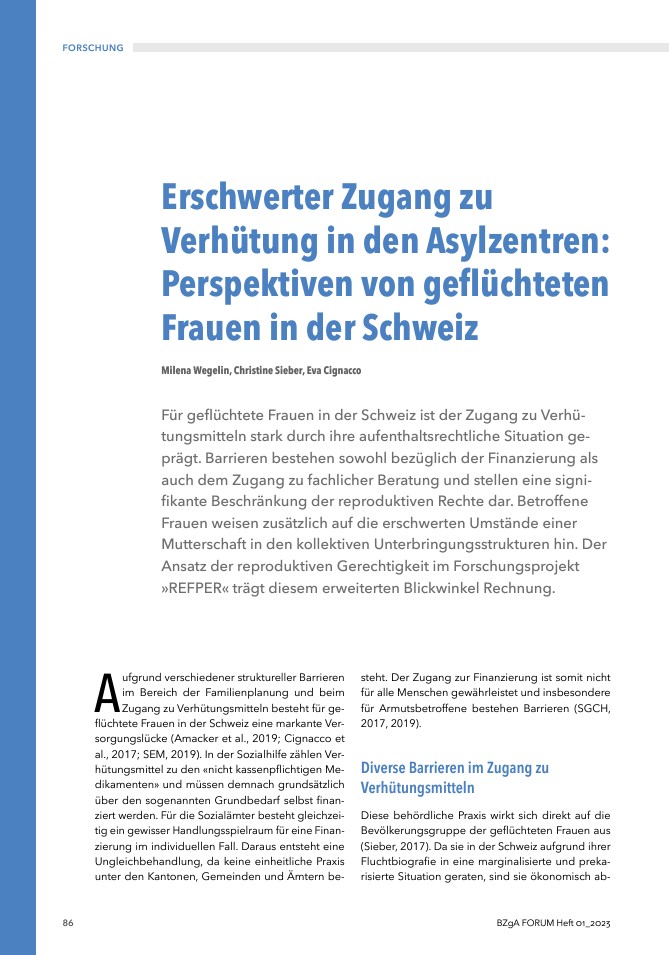
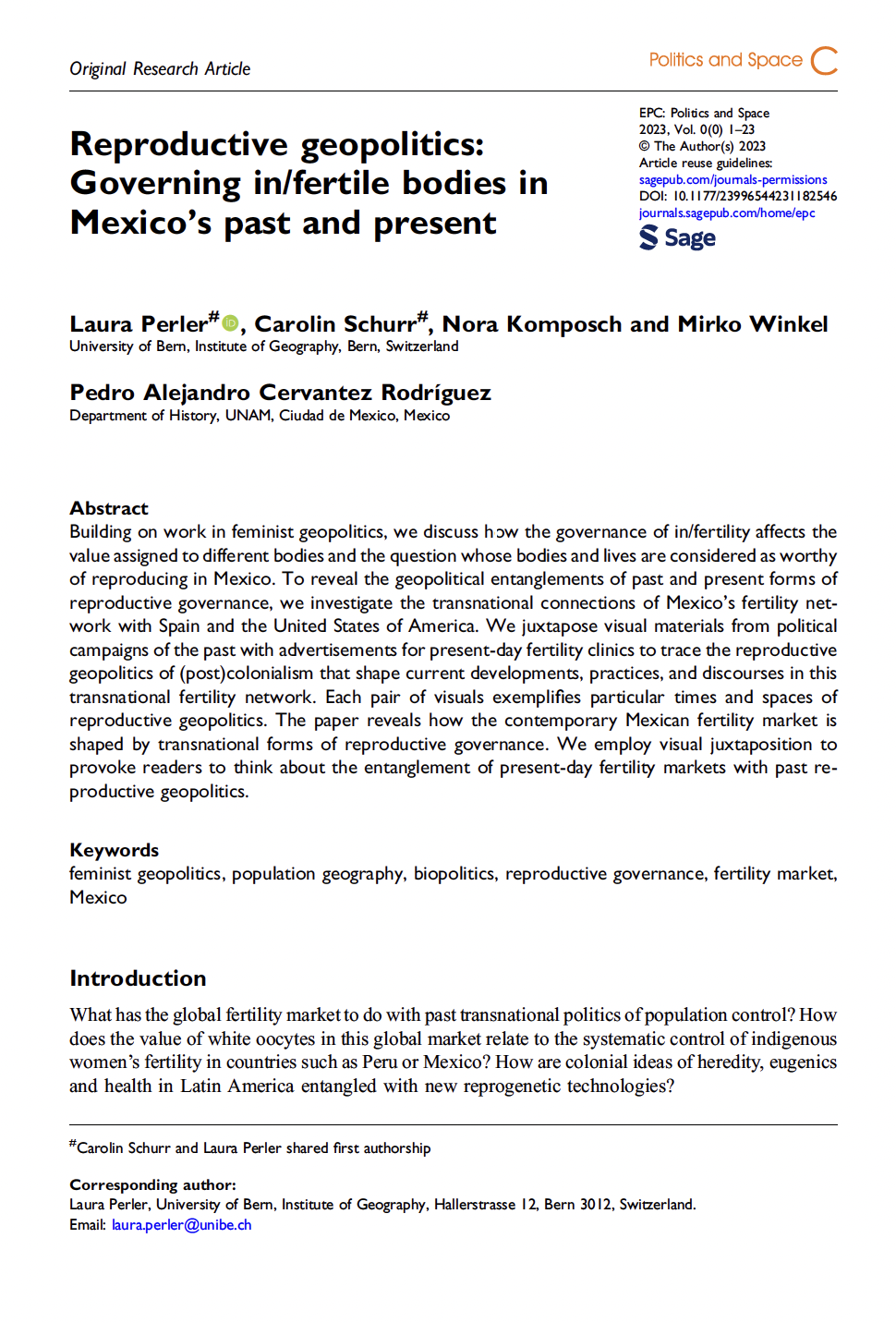
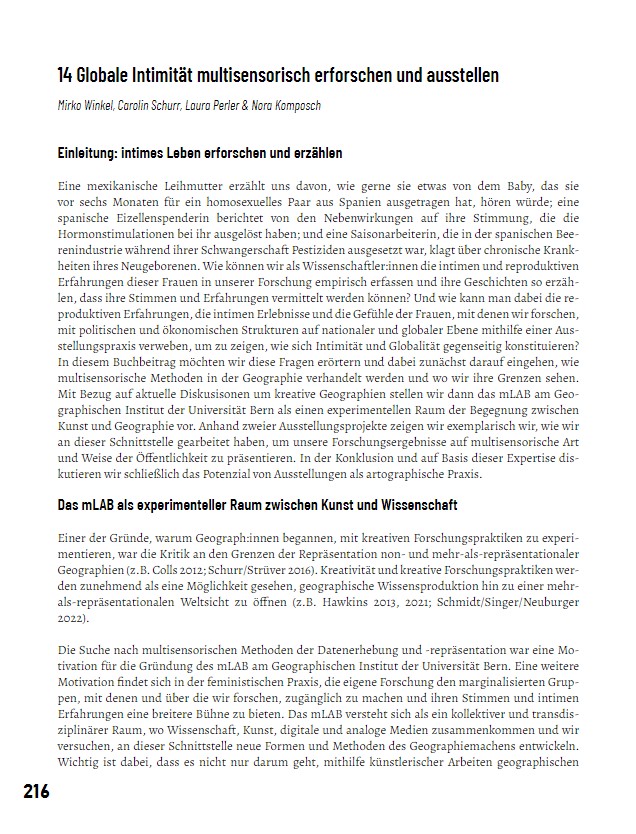
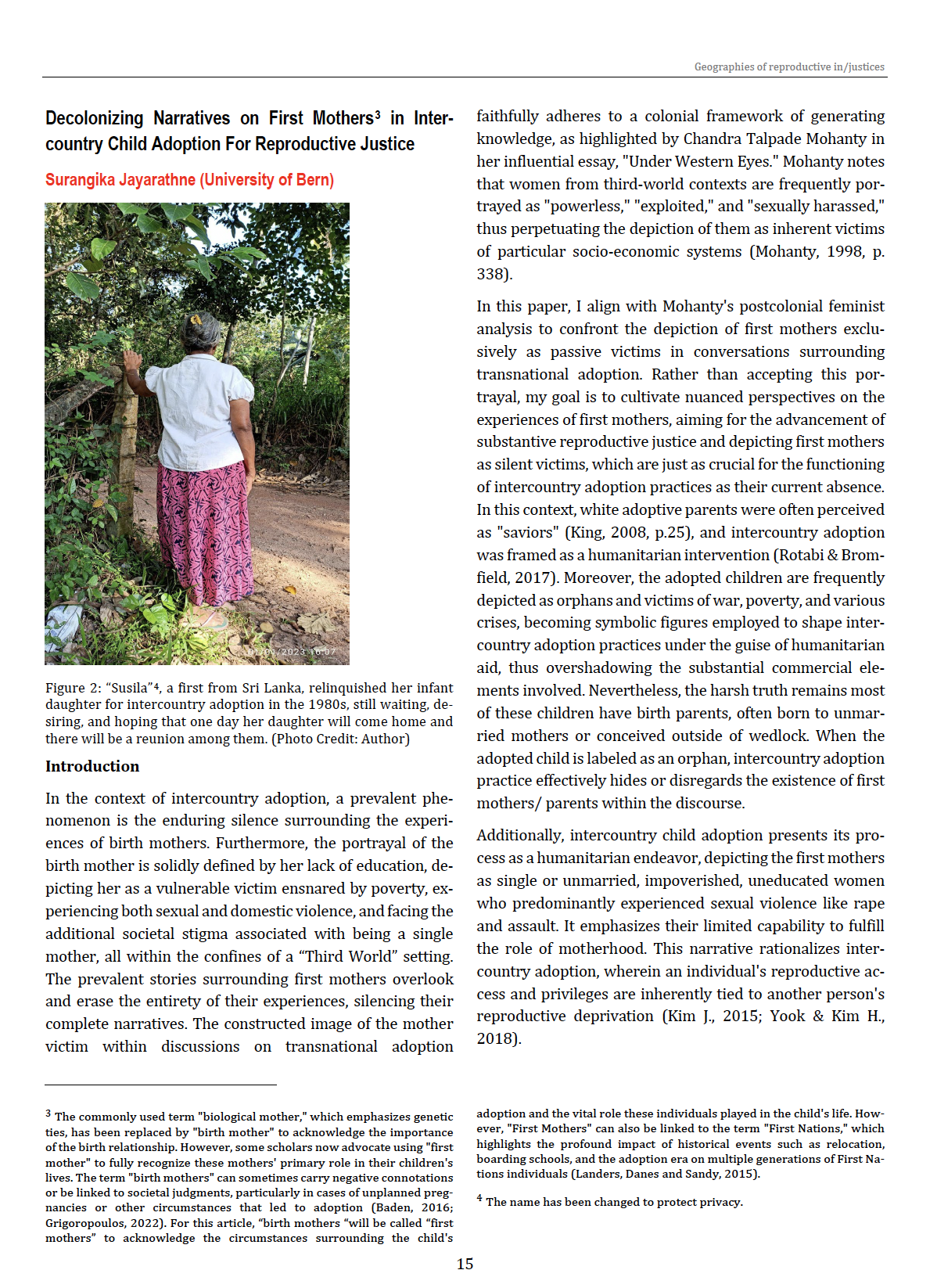
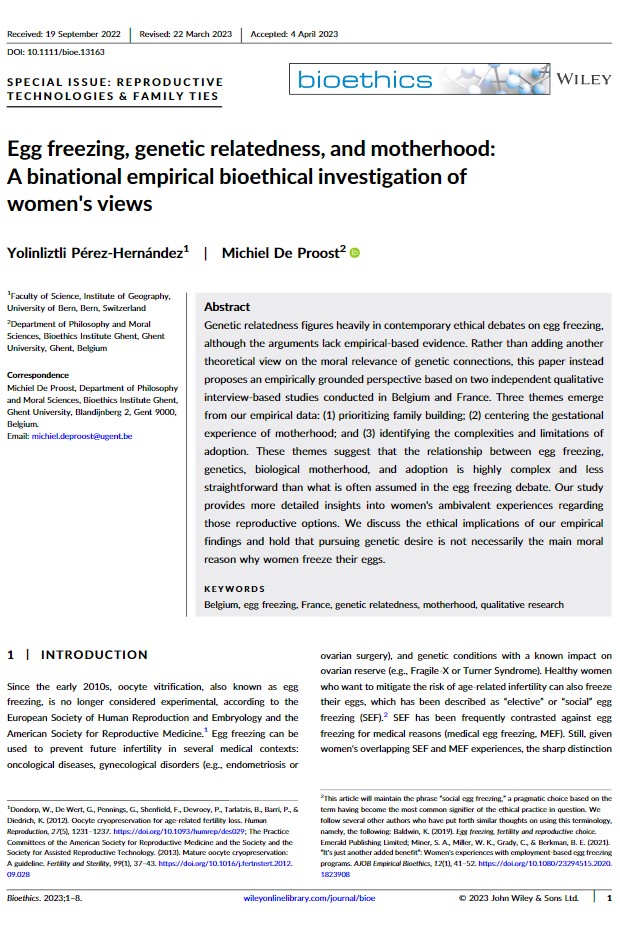
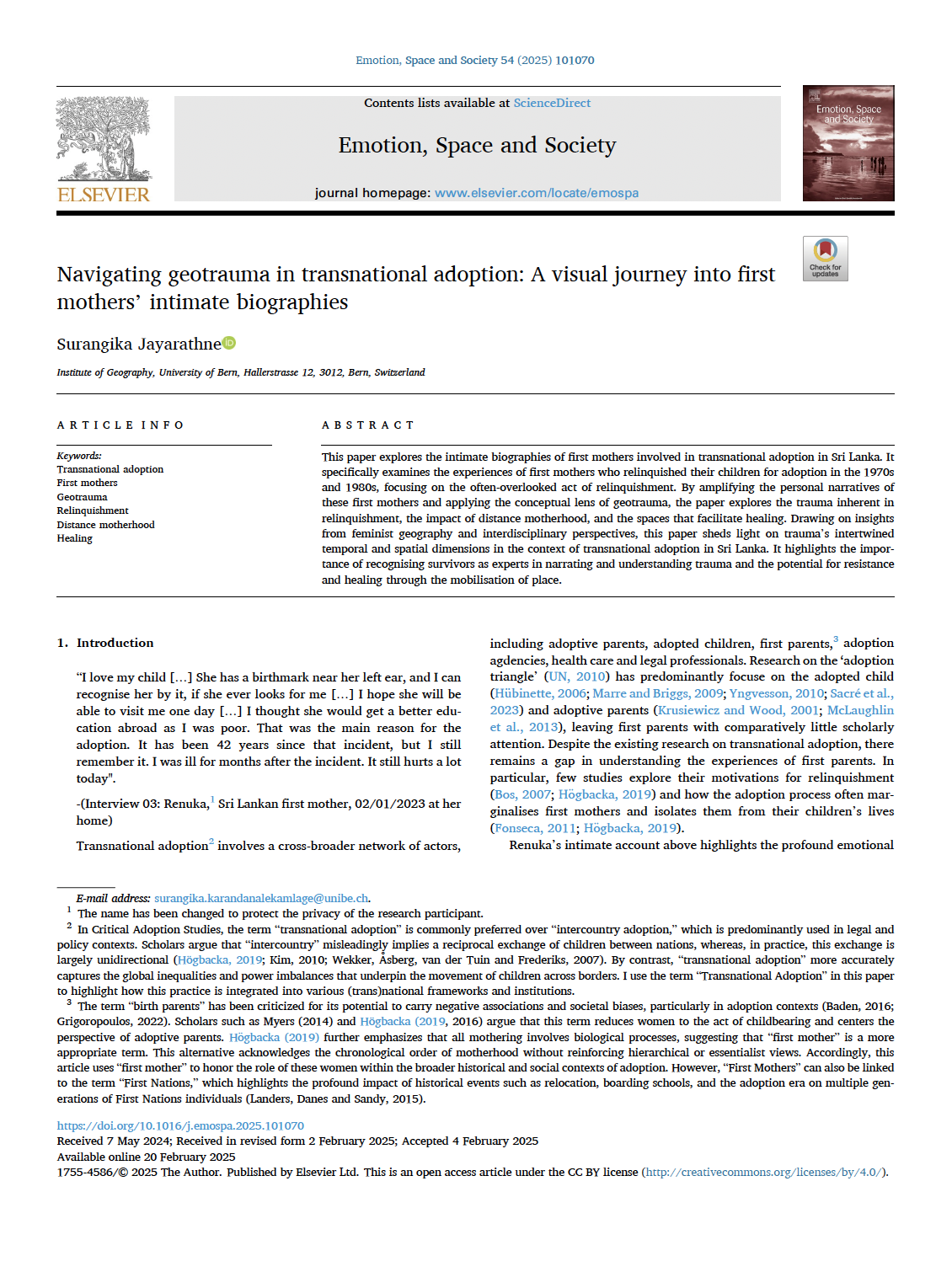

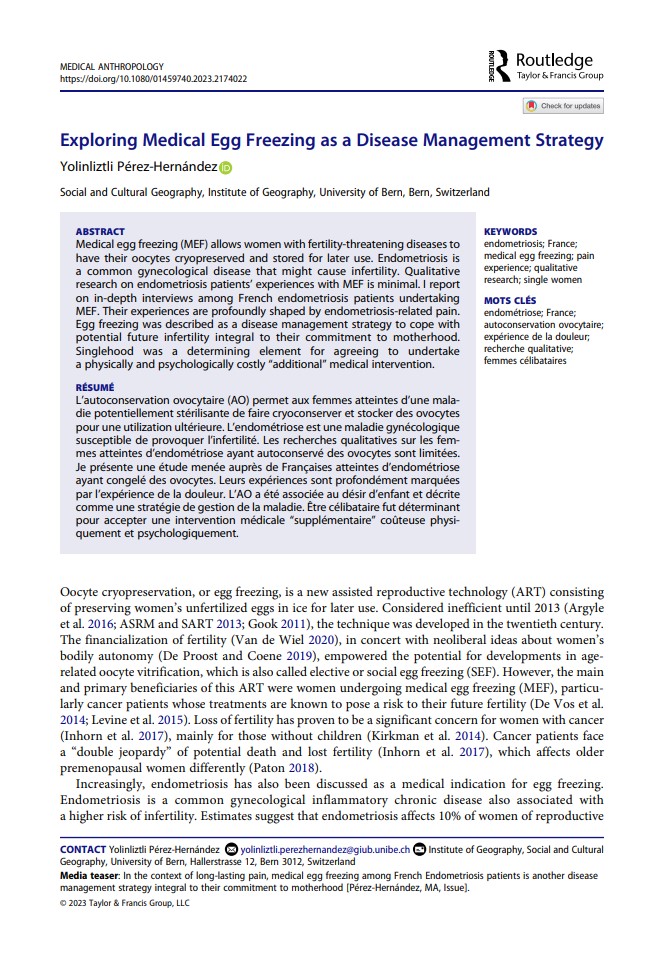
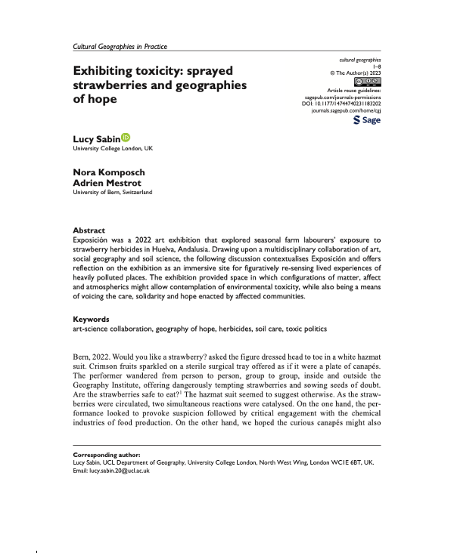
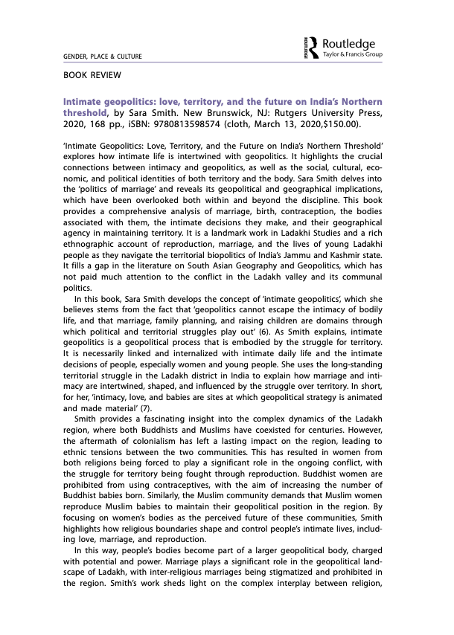
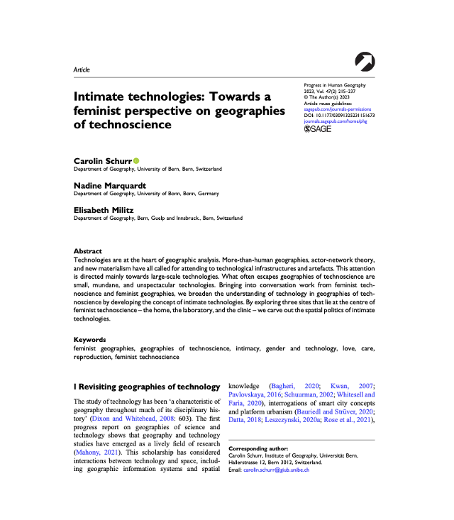
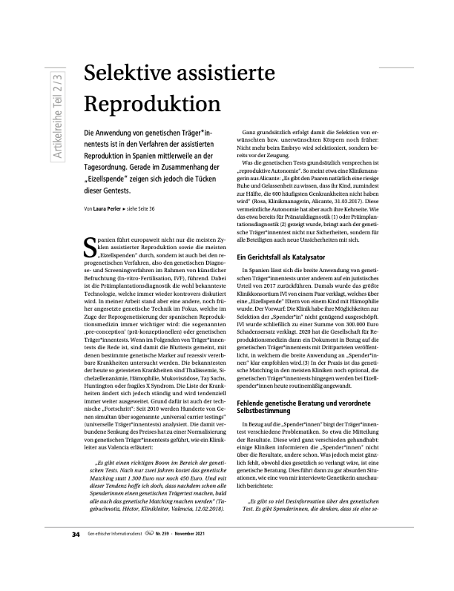
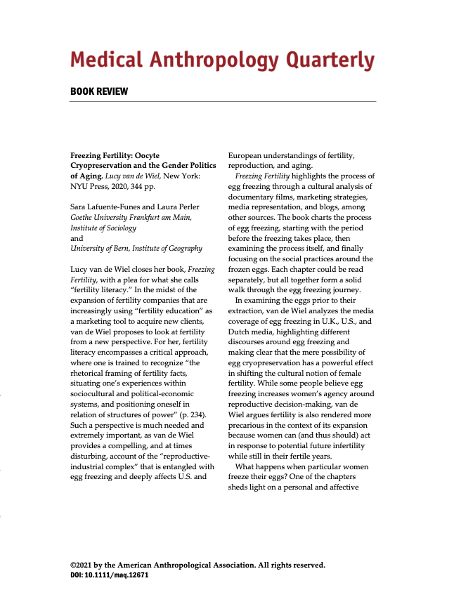
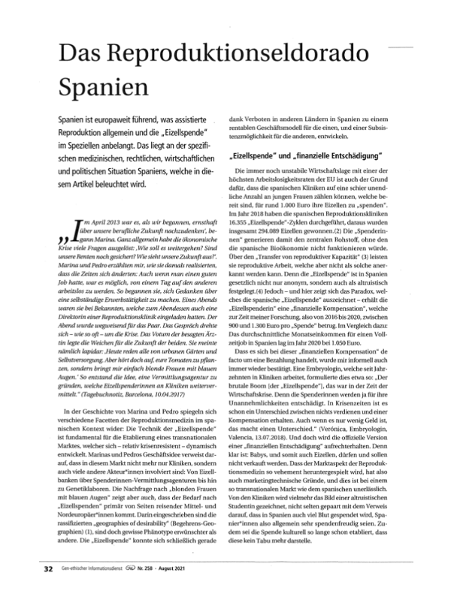

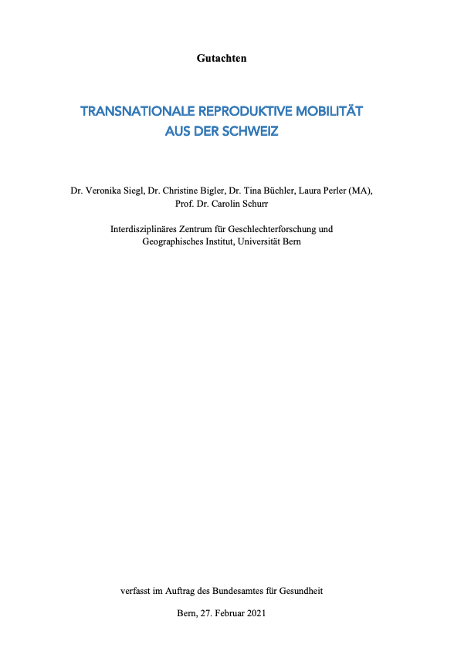
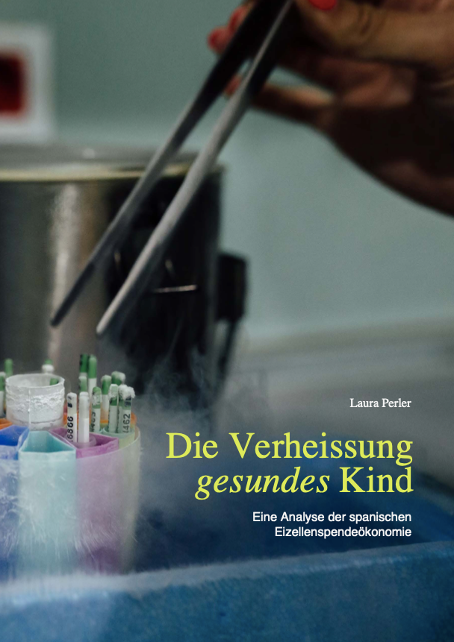
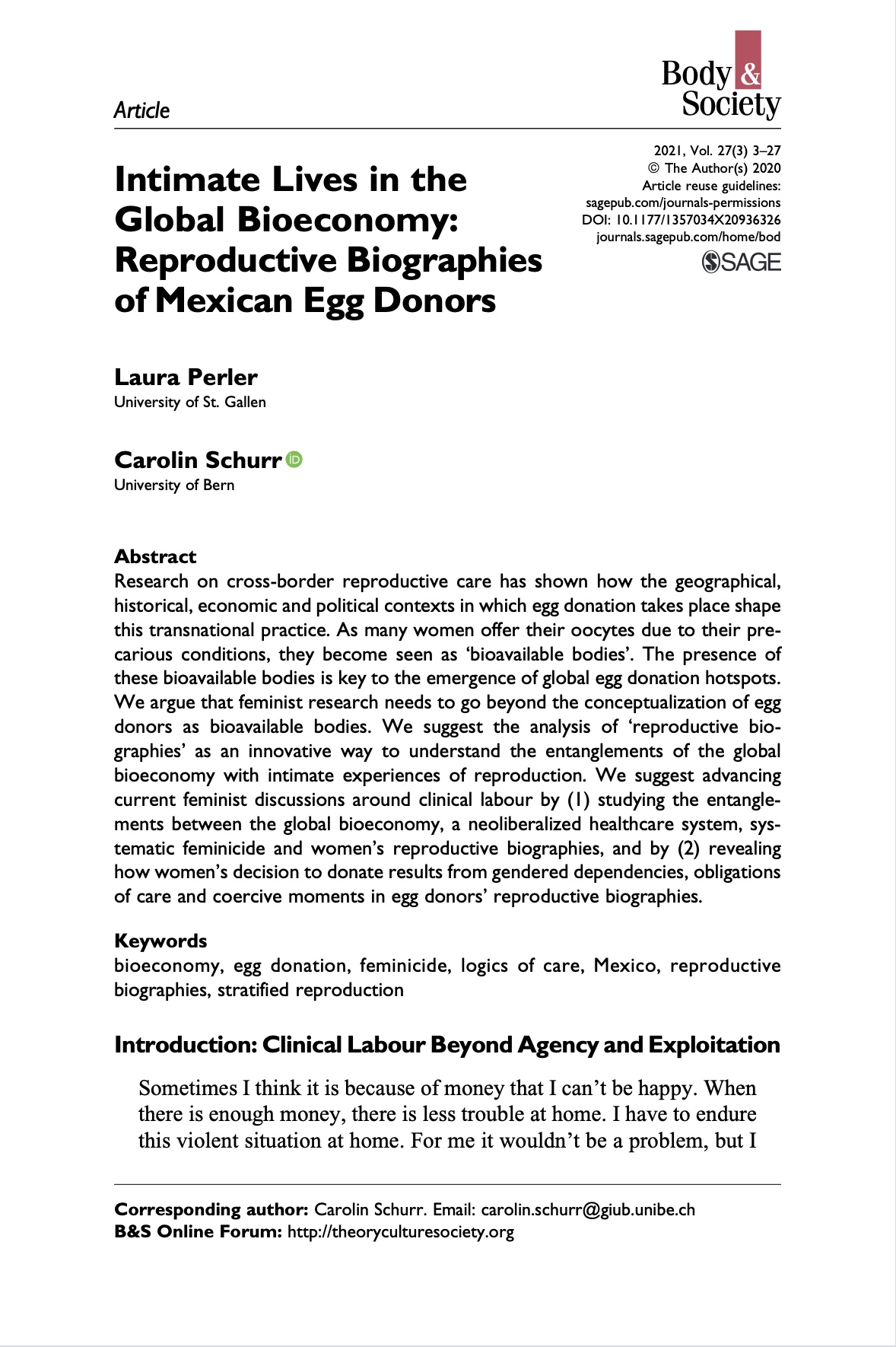
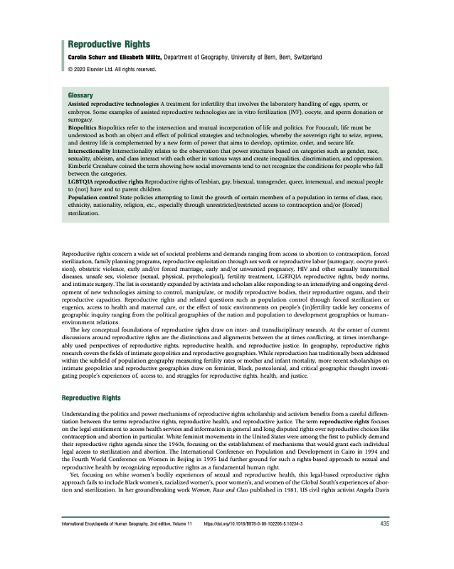
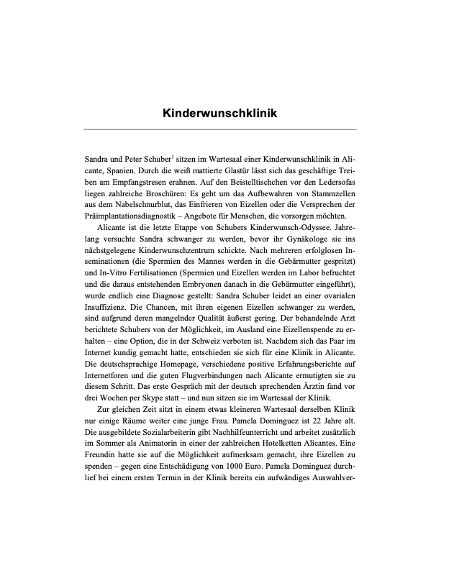
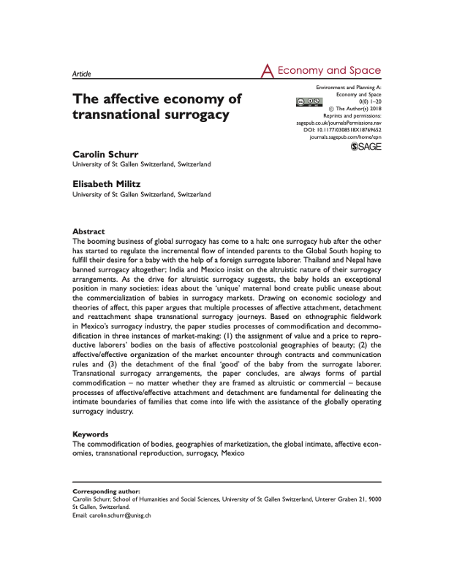
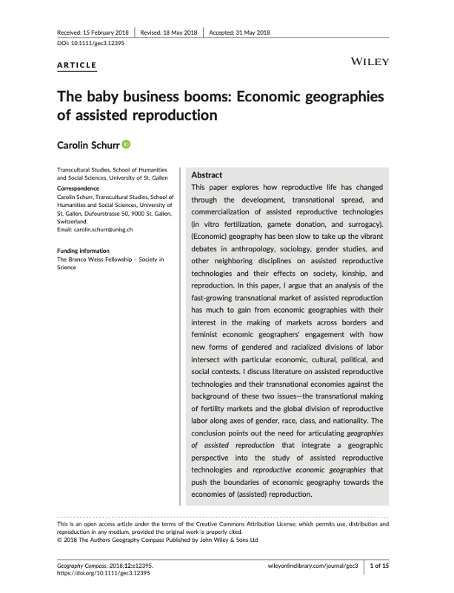
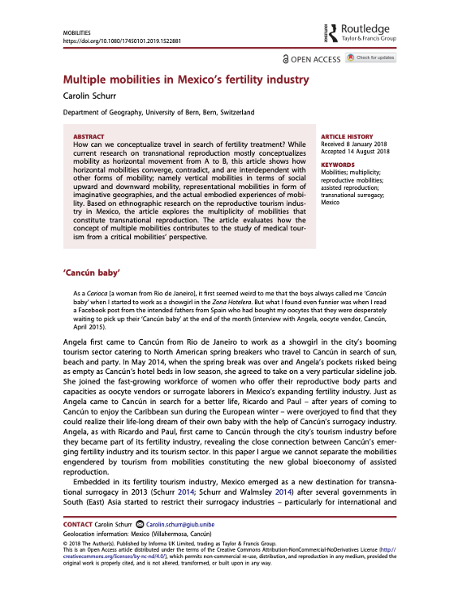
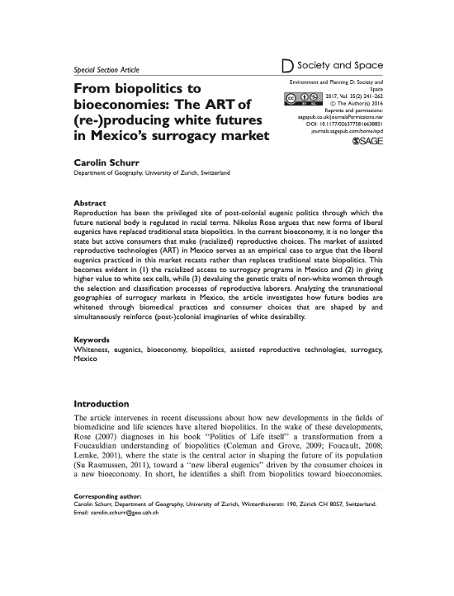


This mLAB residency brings together Lucy Sabin, Nora Komposch and Professor Adrien Mestrot. Their experimental approach combines art, social geography, and soil science processes to explore and make perceptibly different scenarios of exposures to toxicity—locating and framing these scenarios as textures.
Toxic relations are a part of late industrial contexts, which are inscribed in bodies and landscapes. As aforementioned, the art-research project seeks to make toxic relations and their uneven distributions perceptible as “toxic textures”: a kind of demarcation practice for attuning to the liminal spaces between inside and outside, earth and sky, body and world and as a framing for toxic chemical encounters in order to invite embodied understandings of exposure processes and histories.
Thinking about toxicity in terms of textures invites more relational and tangible accounts of toxicity than numerical or otherwise abstract analyses afford. After all, ‘toxin’ as a material category presupposes a harmful relationship between anonymous bodies (read: ecosystems) and an invasive antigen. Re-framing toxicity as a more direct encounter, rather than an invisible substance merely legible when portrayed statistically or ideologically, allows us to re-calibrate our emotional engagement with exposure events.
Sabin, Komposch and Mestrot had each explored the topic of toxicity to varying degrees within their own disciplines prior to this collaborative project, henceforth joining together their pre-existing knowledge of soil, plant and biota analysis to ethnography and arts-based research. In combining these methods, they bridge the gap between materiality and lived experience, facts and feelings. As such, the project’s methodology revolves around concrete situations in and around Bern, including lab visits and fieldtrips to different farms, which were probed artistically, ethnographically and scientifically.
The collaboration is grounded upon a commonly held question: How can we make the presence and effects of toxins perceptible in order to mobilize an affective response and response-ability befitting the scale of the problem? Their corresponding aim is to mediatise toxic encounters in multi-scalar, embodied and empathetic ways. The mLAB incubator provides a space for researchers to experimentally combine both adjacent and non-adjacent fields of expertise to broach incredibly urgent inquiries.




Prof. Dr. Adrien Mestrot heads the group of soil science at the Institute of Geography at the niversity of Bern. His research on soil pollution focuses on using and developing state-of-the-art analytical techniques to calibrate and understand pollutants transformations in the environment and in biota, with a focus on inorganic contaminants. His work also deals with the concept of soil as source of pollutants with transfer from soil to animals and plants, humans, water and the atmosphere being extensively studied and characterized.
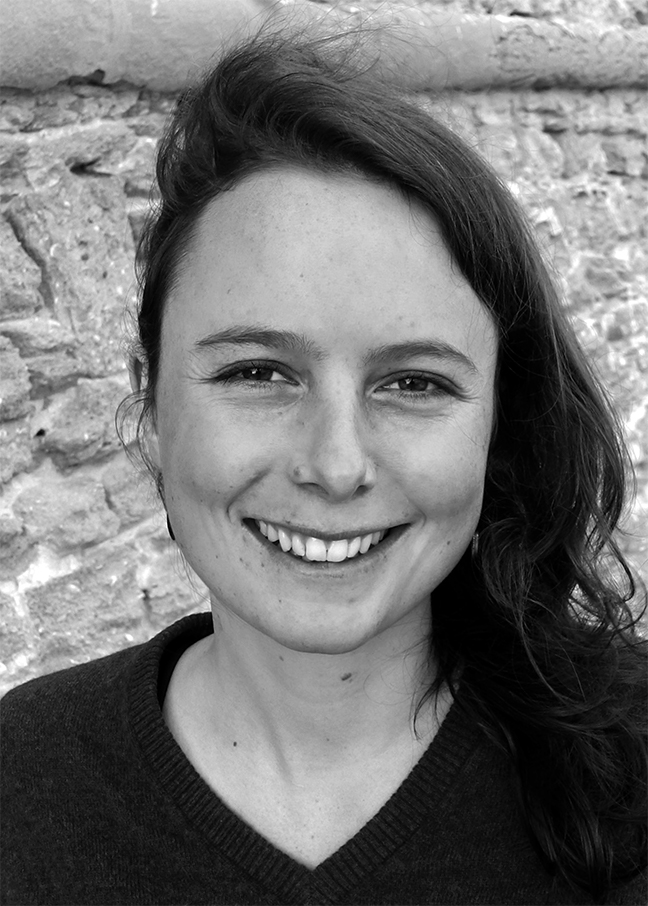



Nora Komposch is a PhD candidate and assistant in social and cultural geography at the University of Bern. In her research she explores different forms of migrant labor and reproduction-related population politics by applying participatory research methods. Her PhD research project deals with working conditions of female migrant farmworkers in the Spanish strawberry industry and its effects on their reproductive lives.
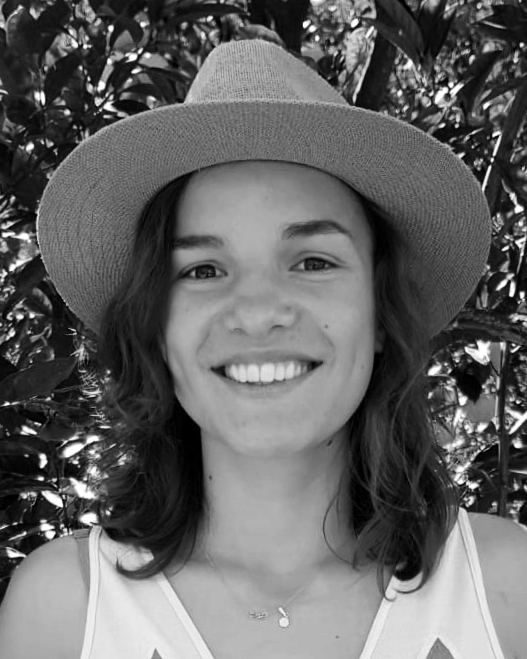



Lucy Sabin is an artist-researcher whose mixed media practice blends environmental humanities, embodiment and new media. Lucy explores imaginaries of breath, air and the atmosphere as part of her practice-related PhD between the UCL Department of Geography and Slade School of Fine Art. Through her interdisciplinary research, she aims to develop expanded ontological accounts of environmental proxies and calibrations such as ‘air quality’ by contextualizing scientific practices within political systems and cultural narratives.